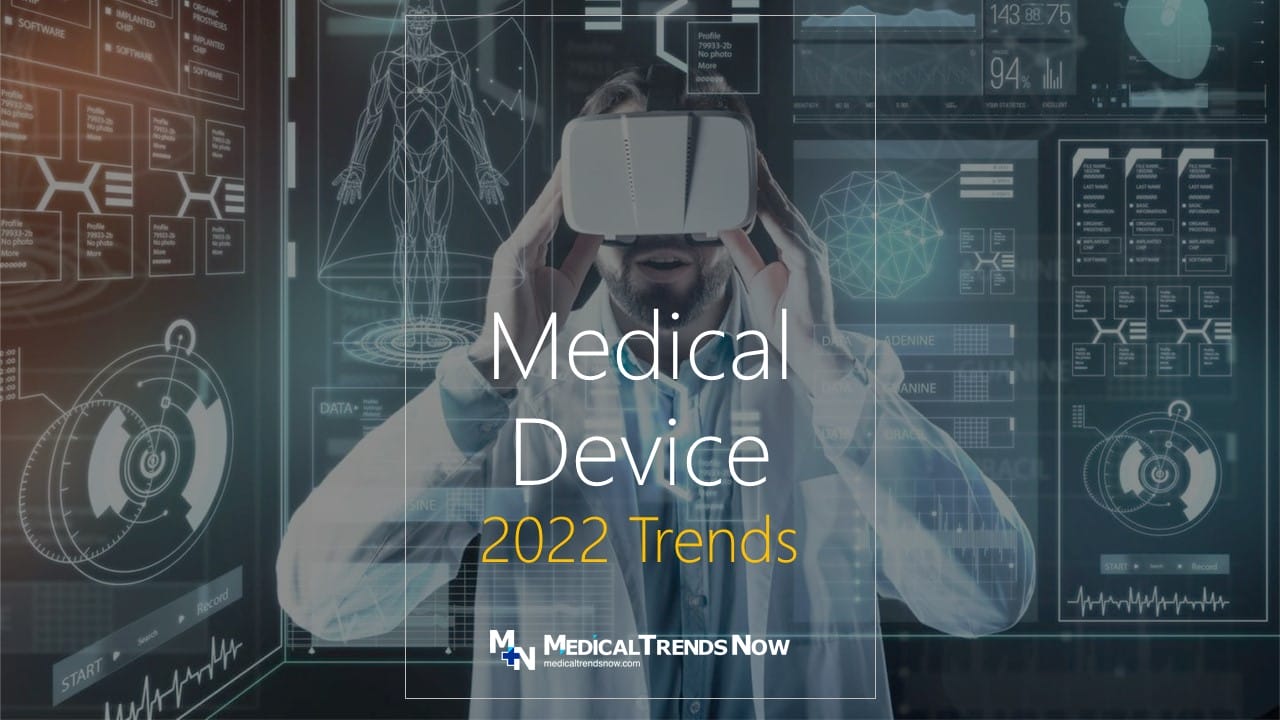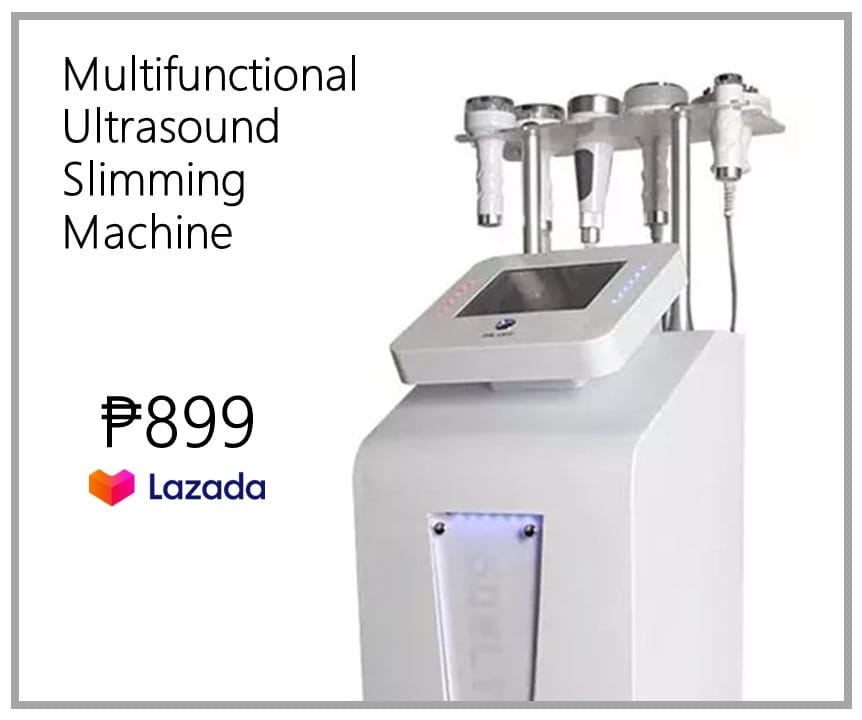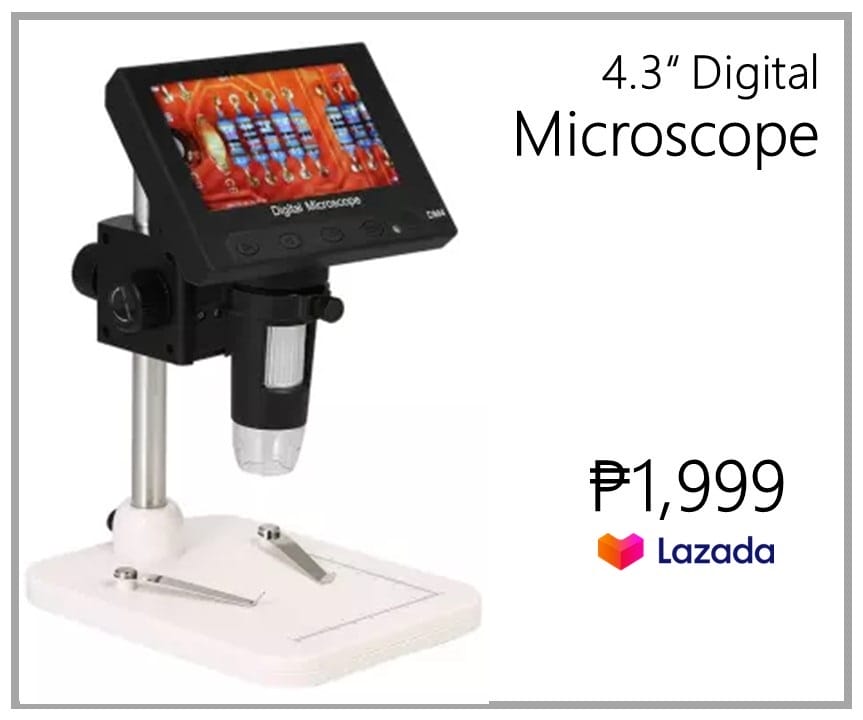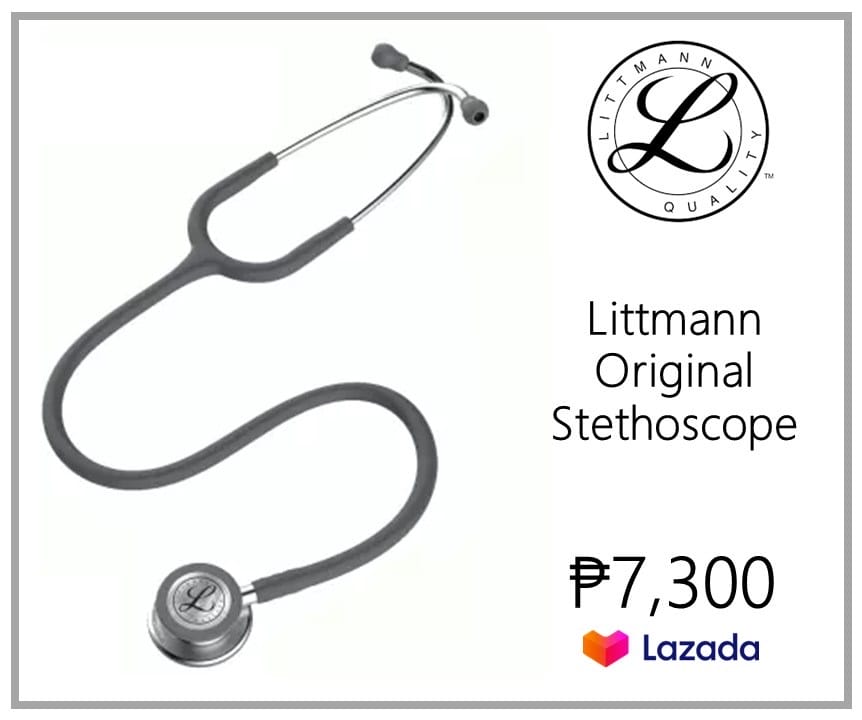Table of Contents
2022: A Look Ahead at the Medical Device Industry
Although the medical device industry is constantly evolving, 2022 looks to be an especially pivotal year. Several technological advances and regulatory changes are slated to occur, impacting both patients and manufacturers. In this article, we’ll take a look at some of the most anticipated developments in the coming year.
Here are the top 22 most significant changes in Medical Device Industry in 2022
- 3D Printing
- Nanotechnology-Based Devices
- Smart Implants
- Cybersecurity
- Consumer Wearables
- Internet of Medical Things
- Robotic-assisted surgery systems
- Medical Device Outsourcing
- Virtual Reality Managing Drug Addiction
- 5G Technology
- Artificial Intelligence
- Supply Chain Challenges
- Growing of Minimally Invasive Devices
- Treatment of Depression Using Pulses of Electrical Stimulation
- China Manufacturing Med Devices
- Acceleration and evolution of point-of-care diagnostic devices
- Machine Learning Medical Device
- Cloud Computing
- Advances in Heart Surgery Medical Devices
- Detecting Bacteria in Short Time
- Shortages of Microchips
- High Inflation Problem Due To Ukraine-Russia Conflict
Below are the detailed explanations of the 2022 Medical Device Industry Trends.
3D Printing
In recent years, there has been a great deal of discussion about the potential for 3D printing in the medical device industry.
The 3D Printing technology is utilized to create prosthetic body parts, and there is hope that 3D printers can be used to create customized medical implants and devices.
Some challenges need fixing before 3D printing can become commonplace in the medical device industry, but the potential benefits are clear.
Nanotechnology-Based Devices
The field of nanotechnology is growing rapidly, and with it, the number of devices being created using this technology. The medical device industry is one area where nanotechnology-based devices are being developed at a rapid pace.
These devices have the potential to revolutionize the way doctors treat patients.
One example of a nanotechnology-based device that is being developed for use in the medical field is a nanoparticle that can be used to diagnose and treat cancer.
Smart Implants
As technology continues to evolve, so too does the medical device industry. One of the latest and most exciting advances in this industry is the development of smart implants.
These implants are equipped with sensors that allow them to communicate with other devices, such as smartphones or computers. This allows for real-time monitoring of patient’s health conditions and makes it easier for doctors to provide treatment.
Smart implants are also valuable tools for research, as they can be used to track how patients respond to treatments.
Cybersecurity
As medical devices become increasingly interconnected, the risk of cyberattacks from rouge hackers increases within the healthcare industry. Hospitals and healthcare providers are at risk of losing patient data, having their systems compromised, or even having life-saving devices shut down.
The medical device industry must strengthen its cybersecurity posture to protect patients and medical providers. This will require collaboration between device manufacturers, healthcare providers, and government regulators.
Cybercriminals target devices such as X-Ray machines, MRI scanners, and infusion pumps with ransomware and other malicious software to extort money or steal patient information.
Consumer Wearables
The medical device industry is constantly evolving with new, innovative technologies.
In particular, the consumer wearable market is booming, with new devices being released every day. This growing industry offers many opportunities for both patients and doctors.
For patients, wearable devices can provide personalized health care and help to track their progress.
For doctors, wearable devices can help to improve patient care and allow for better communication between doctors and patients.
Internet of Medical Things
The global medical device industry is expected to exceed $440 billion by 2020. The health care industry is undergoing a transformation with the advent of the Internet of Medical Things (IoMT).
IoMT is the network of medical devices and sensors that are interconnected and communicate with one another.
This allows for real-time data exchange and the development of new applications and services that improve patient care.
The potential for IoMT to improve patient care is enormous.
Robotic-assisted surgery systems
The medical Device Industry is one of the most booming industries in the world.
Many new technologies and devices are being developed and released to the market every day.
Robotic-assisted surgery systems are one of the most recent technologies used in surgeries.
These systems provide surgeons with a new level of precision, dexterity, and control. They allow for more accurate surgeries and can be used in a wide variety of surgical procedures.
Medical Device Outsourcing
Medical device outsourcing is a process where medical device companies contract out the manufacturing of their products to other companies.
Outsourcing can save money, increase production, or get access to specialized equipment or expertise that they may not have in-house.
Outsourcing can also improve the quality of a product by bringing in new ideas or processes from the contractor.
However, there are some risks associated with outsourcing business processes, including the possibility of compromised quality or data security.
Virtual Reality Managing Drug Addiction
The medical device industry is overgrowing as new and innovative technologies are developed.
One such technology is virtual reality, which is being used to manage drug addiction.
Virtual reality allows patients to experience a simulated environment, which can help them address their addiction’s root causes.
This technology is also being used to help patients with other mental health issues, such as anxiety and depression.
5G Technology in the Medical Device Industry
The medical device industry is expected to be one of the earliest and biggest adopters of 5G technology.
This is because 5G has the potential to connect medical devices in a way that has never been possible before.
This will allow for real-time monitoring and treatment of patients, improving patient outcomes and reducing costs.
5G will also allow for the collection of data from medical devices that can be used to improve the design and effectiveness of medical devices.
Artificial Intelligence in the Medical Device Industry
Artificial intelligence can help improve the accuracy and precision of medical devices and help them become more efficient and effective.
In recent years, there has been a significant increase in the use of artificial intelligence in medical devices.
This has led to several advances in the industry, including improved patient care and increased efficiency.
Supply Chain Challenges in the Medical Device Industry
Medical device manufacturers are under constant pressure to bring new products to market quickly and efficiently while ensuring the highest quality.
Meeting these demands can be a challenge, as supply chains in the medical device industry are often complex and time-sensitive.
To stay competitive, manufacturers must find ways to optimize their supply chains and address common problems such as inventory shortages and component delays.
Minimally Invasive Devices
The medical device industry is snowballing, and minimally invasive devices play a crucial role in this growth.
Minimally invasive devices are inserted into the body through a small opening, as opposed to traditional surgery where the surgeon makes a large incision.
This type of surgery has many benefits, including shorter recovery times, less pain, and a lower risk of infection.
In fact, the market for minimally invasive devices is expected to reach $55 billion by 2025.
Treatment of Depression Using Pulses of Electrical Stimulation
Depression is a mental disorder that is characterized by a persistent feeling of sadness and loss of interest.
It is the most common psychiatric disorder, with an estimated 350 million people affected worldwide.
While there are many treatments available for depression, including medications and psychotherapy, some people do not respond to these treatments.
In these cases, alternative treatments such as electrical stimulation may be used.
China Continue to Dominate the Manufacturing of Medical Equipment
China’s manufacturing will still dominate in the next five years in the medical device industry.
Despite the rise of low-cost countries, China has become a global leader in medical device manufacturing.
The Chinese government has been making efforts to improve the quality of its medical devices.
Many multinational companies are moving their production facilities to China.
Acceleration and Evolution of Point-of-Care Diagnostic Devices
Point-of-care diagnostic devices, or POCs, are becoming an increasingly important part of the medical device industry. Their small size and easy portability make them a valuable asset in hospitals and clinics around the world.
They are used to diagnose a variety of medical conditions, from pneumonia to heart attacks. The continued development of POCs is essential to the advancement of global healthcare.
Machine Learning Medical Device
Machine learning has been implemented in many different industries with great success. The medical device industry is no exception, and machine learning has been used to create several innovative medical devices.
Machine learning is a type of artificial intelligence that allows devices to learn and improve over time based on data input.
One such device is a machine learning medical device designed to help doctors diagnose heart disease. This machine learning medical device uses artificial intelligence to analyze data from patients who have undergone an echocardiogram.
Machine learning has the potential to revolutionize the medical device industry by improving the accuracy and efficiency of devices.
Cloud Computing in the Medical Device Industry
Cloud computing is a model for enabling ubiquitous, convenient, on-demand network access to a shared pool of configurable computing resources (e.g., networks, servers, storage, applications, and services).
Cloud computing in the medical device industry can provide benefits such as improved efficiency and faster product turnaround times.
It also offers the potential for improved security and compliance with regulatory requirements.
Advances in Heart Surgery Medical Devices
Heart surgery has come a long way since the first successful open-heart surgery was performed in 1951.
In the past, heart surgery was a very invasive and risky procedure. However, recent advances in medical devices have made heart surgery much less invasive and safer.
Some of the latest medical devices used in heart surgery include stents, pacemakers, and valves. These devices have helped to make heart surgery less risky and more successful.
Bacteria Detection in Short Time
In the medical device industry, time is of the essence. There can be no room for error when a patient’s life is on the line. This is why so much research and development has gone into detecting bacteria as quickly as possible. In just a few minutes, medical professionals can have a good idea of whether or not a patient is infected and needs treatment.
The detection of bacteria is an essential process in the medical device industry. It is necessary to ensure that all products are free of contaminants before being released to the public. In some cases, bacteria can cause serious health problems for patients.
Unfortunately, detecting bacteria can be a time-consuming process. Traditional methods require culturing the bacteria in a lab and can take several days to yield results. However, new technologies are now available to detect bacteria in a shorter time frame.
Shortages of Microchips in the Medical Device Industry
Microchips are essential in the medical device industry. They are used in pacemakers, defibrillators, and other life-saving medical gadgets.
However, there is a severe shortage of microchips in the medical device industry.
This shortage is causing problems for hospitals and patients. Health care facilities such as hospitals, medical laboratories, and wellness clinics have to delay surgeries/treatments because they don’t have the microchips they need. And patients are being denied treatment because their medical equipment can’t be repaired.
High Inflation Problem Due To Ukraine-Russia Conflict
The Ukraine-Russia conflict is causing high inflation in the country, impacting the medical device industry.
Many healthcare manufacturing and distribution companies are raising prices for their products, and some are even halting production due to the unstable economy.
This could have a negative impact on patients, who may not be able to afford the necessary medical care.
Conclusion: 2022 Medical Device Industry Trends
In conclusion, many trends will impact the medical device industry over the next few years.
Technology will continue to play a significant role in the industry, and companies will need to find ways to keep inflation under control while also providing quality treatment.
Manufacturing and supply chain challenges will also remain a major issue for companies.
As such, it is crucial to stay up-to-date on the latest trends and developments to stay competitive in the medical device industry.














